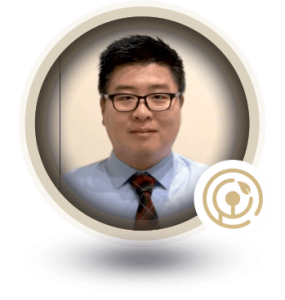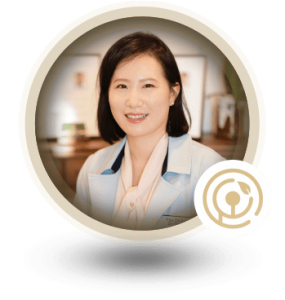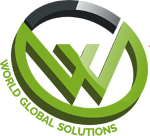FAQ
Common Questions About Acupuncture Treatment
What is acupuncture?
Acupuncture is one of the oldest forms of healing customs involving the activation of certain channel and points in your body to address the abnormalities in the flow of Qi through the energy pathways. Although acupuncture is generally related to the insertion of needles into the skin, it is often done along with other techniques such as the use of suctioning cups (cupping) or scrubbing
Is acupuncture painful?
You might feel a little more sensitive in certain areas where the acupuncture needles are inserted, and sometimes people sense a tiny brief sting, but it shouldn’t be that painful. Oftentimes, slight side effects like minor headache and random bruising may be experienced, but give it some time, and it will eventually subside.
What is Chinese herbal medicine made of?
Around 450 substances are usually utilised in Chinese herbal medicine, composing mostly of plant-based materials and occasionally, animal and mineral products. These substances can be packed as powders, or tablets, which depend on the type of herb and its planned usage.
Is acupuncture effective?
Acupuncture has been effective in assisting many people with a range of different health concerns. These conditions often range from physical health issues such as muscle pain, certain reproductive and digestive problems to mental health issues like stress. It has also been recognised to augment the treatment of conditions such as allergies, arthritis, migraines, and prolonged back pain.
Why should I give acupuncture a shot?
Acupuncture offers you relief from ailments without the use of drugs, which could, to some level, harm the body. It is not only a way of treating these ailments, but it serves as prevention, too. In focuses on the maintenance of your well-being and uses a holistic approach that connects your mind, body, and emotions.
What is the difference between acupuncture and dry needling?
Though both techniques involve the use of needles, these two have vast differences. The main difference being acupuncture is aimed at changing the flow of Qi following the traditional Chinese meridians, while dry needling observes evidence-based procedures, endorsed “trigger point” areas, and doses for the remedy of specific ailments. Acupuncture takes the holistic approach while dry needling aims only at the traumatised area.
What should be expected in a consultation with a Chinese Medicine Practitioner?
The distinctive feature of acupuncture therapy is the holistic tailored remedy. At the first consultation, practitioners will ask detailed questions about your current health apprehensions, previous health conditions, as well as your diet, habits, lifestyle, appetite, sleeping patterns, menstrual cycle (for women), reactions to stress, food, or other susceptibilities.
The practitioner will note and observe other visible health indicators like face colour, voice sound, tongue condition, and your wrist’s radial pulse, in order to further isolate what are identified to be your body’s ‘patterns of disharmony’ in traditional Chinese medicine.
Before moving forward to the examination and treatment, your doctor will discuss the options of treatment from which you can choose from
Can I Receive Acupuncture When I Am Pregnant?
Acupuncture is considered safe during pregnancy, and has been beneficial in relieving varied pregnancy and postpartum conditions. However, considering there are some contraindications during pregnancy, it is advisable to inform the practitioner beforehand if you are pregnant. Acupuncture is hugely recommended through your first trimester as it helps in preventing miscarriage, supporting the development of embryo, and focusing on your comprehensive well-being. We also recommend regular (weekly) acupuncture treatments in the weeks leading up to childbirth. Research shows that regular treatment beginning around 36 weeks helps minimise birth interventions and creates efficient births.
How Can I Prepare for My Acupuncture Treatment?
To provide your body with adequate energy for the acupuncture session, it is recommended that you eat some munchies or a light meal before the treatment. You should also avoid drinking caffeine a few hours prior to your treatment.
How Long It Usually Takes?
The first treatment usually takes at least 60 minutes or up to 75 minutes. After the needles are placed, you will rest comfortably for approximately 25 – 30 minutes. Many patients fall asleep or become deeply relaxed during this time. Follow-up visits are 60 minutes, and include tongue and pulse observation, a conversation regarding the improvement of your symptoms, and a treatment.
For further information regarding Acupuncture or to book an appointment, please feel free to contact us.
Meet Our Doctors
Our holistic doctors are highly trained in their fields

DR REMY KIM
Chinese Medicine Practitioner
Registered Doctor of Chinese Medicine Acupuncture and Chinese Herbal Medicine





